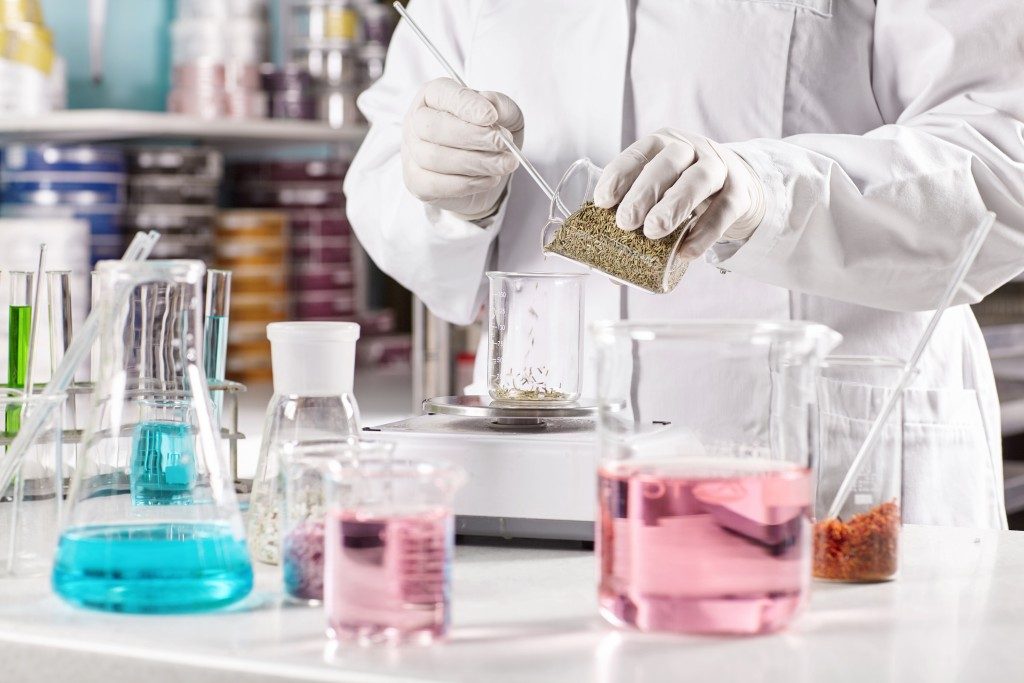Chemistry labs are some of the most exciting places you can be in, as long as you have all the equipment that you need. Generally, a chemical system is the least of what you need in terms of building a chem lab, but it’s a start.
To build a proper chemistry lab, strict protocols should be followed. You might want to check with your zoning and ordinance team if it’s a structure that you’re allowed to build and your local hazard regulations if you can safely set it up in the premises. The purpose of the lab also plays a role. For example, a medical chem lab will have different requirements than one used in fifth grade.
Regardless of those, there are some necessities that you should have in your chem lab before you allow it to be used by anyone. Here are some of them.
Personal Protective Equipment (PPE)
One of the most important things that you should keep in a chemistry lab is protective equipment. Depending on the purpose and structure of the lab, these can be as basic as simple gloves and masks to full-on hazard suits. There are some chemicals in the laboratory that can cause quite a bit of damage if left unchecked and should always be tested for safety before use.
PPE can be bought wholesale from suppliers or other medical labs and is a regulation in many chemistry laboratories around the world. This not only goes for chemists but even janitorial staff and site security.
Secure Storage Facilities
Another important consideration is the storage facilities that you’ll use to keep your chemicals inside. Unlike kitchen pantries, the chemicals found in a chem lab need far more care and safety when it comes to their storage. Not only can they react to skin contact; temperature and other chemicals can also trigger them.
Making sure that your storage units can safely store your chemicals and keep them away from unauthorized handlers should be a prime concern for anyone building a chemistry laboratory.
Disposal Systems

Finally, disposing of chemicals is just as important as keeping them. Any chemical experiment or process is bound to have a runoff of some kind, and having a system or method in place to take care of the waste material is essential to the safety of everyone in the building.
It’s also part of many building and environmental regulations that chemical laboratories have some way of dealing with the waste generated from biochemical experiments. Failure to comply with these rules and regulations often carries a stiff penalty and can be a reason to shut down the lab or revoke the building’s license.
In the end, you have to remember that handling chemicals of any kind should be done with great care and consideration, not only for the handlers but to the environment in which they operate. If you are running or building a chemistry lab, the given features will go a long way in making sure that your operations run in peace.

